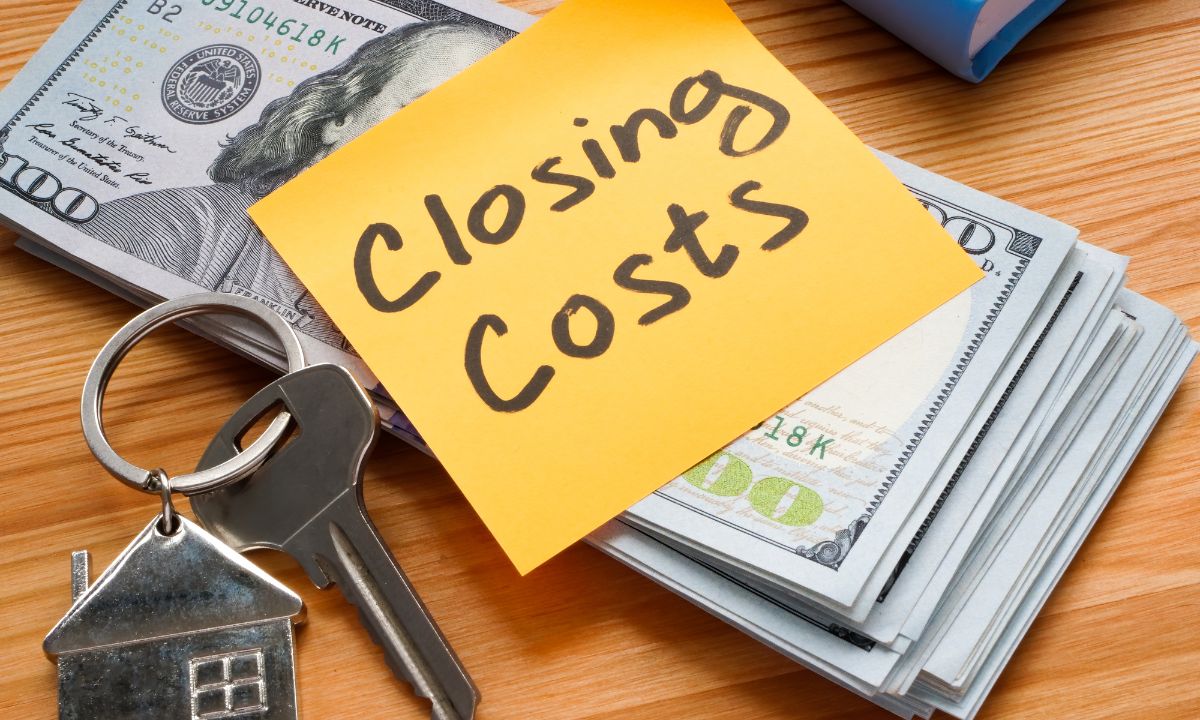 The roles of buyer’s agents and seller’s agents often swirl together in a complex dance of negotiations, contracts, and property evaluations. Understanding the distinctions between these two types of agents is crucial for consumers looking to navigate the labyrinth of buying or selling a home. Moreover, there’s a scenario where one agent might take on both roles, adding another layer of intricacy to the process.
The roles of buyer’s agents and seller’s agents often swirl together in a complex dance of negotiations, contracts, and property evaluations. Understanding the distinctions between these two types of agents is crucial for consumers looking to navigate the labyrinth of buying or selling a home. Moreover, there’s a scenario where one agent might take on both roles, adding another layer of intricacy to the process.
What is a Buyer’s Agent?
A buyer’s agent represents the interests of the buyer in a real estate transaction. They act as advocates for the buyer, assisting them in finding suitable properties, negotiating deals, and guiding them through the purchasing process. Buyer’s agents are committed to securing the best possible deal for their clients, often providing valuable insights into market trends, property values, and neighborhood dynamics.
What is a Seller’s Agent?
Conversely, a seller’s agent, also known as a listing agent, works on behalf of the seller to market and sell their property for the highest possible price. They employ various marketing strategies, such as listing the property on multiple platforms, staging the home for viewings, and conducting open houses. Seller’s agents are adept at evaluating market conditions and setting the right price to attract potential buyers while maximizing the seller’s profits.
When Does One Agent Act as Both?
In some cases, a real estate agent may assume a dual role as both the buyer’s and seller’s agent, representing both parties in a transaction. This scenario, known as dual agency, occurs when the agent’s brokerage represents both the buyer and the seller or when the agent works independently and represents both parties simultaneously.
Pros and Cons of Dual Agency:
Pros:
Streamlined Communication: With a single agent handling both sides of the transaction, communication can be more efficient, reducing the risk of misunderstandings or delays.
Neutral Perspective: A dual agent may offer a balanced perspective, considering the interests of both the buyer and the seller in negotiations.
Simplified Process: A dual agency can simplify the transaction process, as there’s only one point of contact for all parties involved.
Cons:
Conflict of Interest: The primary drawback of dual agency is the potential for conflicts of interest. While the agent is obligated to act in the best interests of both parties, conflicts may arise when negotiating terms or resolving issues.
Limited Advocacy: Dual agents cannot fully advocate for either party, as their loyalty is divided between the buyer and the seller.
Loss of Confidentiality: Information shared with a dual agent may not remain confidential, as they are obligated to disclose relevant details to both parties.
Understanding the roles of buyer’s agents, seller’s agents, and the dual agency is essential for consumers navigating the real estate market. While dual agency offers certain benefits, it’s crucial to weigh the pros and cons carefully before opting for this arrangement. Ultimately, whether you choose separate agents or a dual agent depends on your preferences, comfort level, and the specific circumstances of your transaction. By arming yourself with knowledge, you can confidently navigate the complexities of real estate transactions and make informed decisions that align with your goals.
 Buying a home is an exciting journey, but it’s not without its twists and turns. One specific daunting aspect for many homebuyers is understanding the sphere of closing costs. These additional expenses can catch even the most prepared buyers off guard if they’re not properly understood. So, let’s discuss the world of closing costs and shed some light on what to expect when purchasing your dream home.
Buying a home is an exciting journey, but it’s not without its twists and turns. One specific daunting aspect for many homebuyers is understanding the sphere of closing costs. These additional expenses can catch even the most prepared buyers off guard if they’re not properly understood. So, let’s discuss the world of closing costs and shed some light on what to expect when purchasing your dream home.
 Are you considering purchasing a property governed by a Homeowners Association (HOA)? If so, you’ve probably come across the term “HOA fees.” What exactly are these fees, who pays them, and why are they necessary?
Are you considering purchasing a property governed by a Homeowners Association (HOA)? If so, you’ve probably come across the term “HOA fees.” What exactly are these fees, who pays them, and why are they necessary?  In today’s world, where the safety of our homes and loved ones is paramount, investing in a robust home security system is essential. Whether you’re a homeowner or renting, ensuring your peace of mind through effective security measures is achievable. Let’s discuss the essentials of home security systems and how you can fortify your home against potential threats.
In today’s world, where the safety of our homes and loved ones is paramount, investing in a robust home security system is essential. Whether you’re a homeowner or renting, ensuring your peace of mind through effective security measures is achievable. Let’s discuss the essentials of home security systems and how you can fortify your home against potential threats. Are you contemplating whether to dive into the real estate market and invest in a new construction home? It’s an exciting prospect, but like any significant decision, it comes with its own set of pros and cons. We will discuss the intricacies of this choice to help you navigate your way through.
Are you contemplating whether to dive into the real estate market and invest in a new construction home? It’s an exciting prospect, but like any significant decision, it comes with its own set of pros and cons. We will discuss the intricacies of this choice to help you navigate your way through.